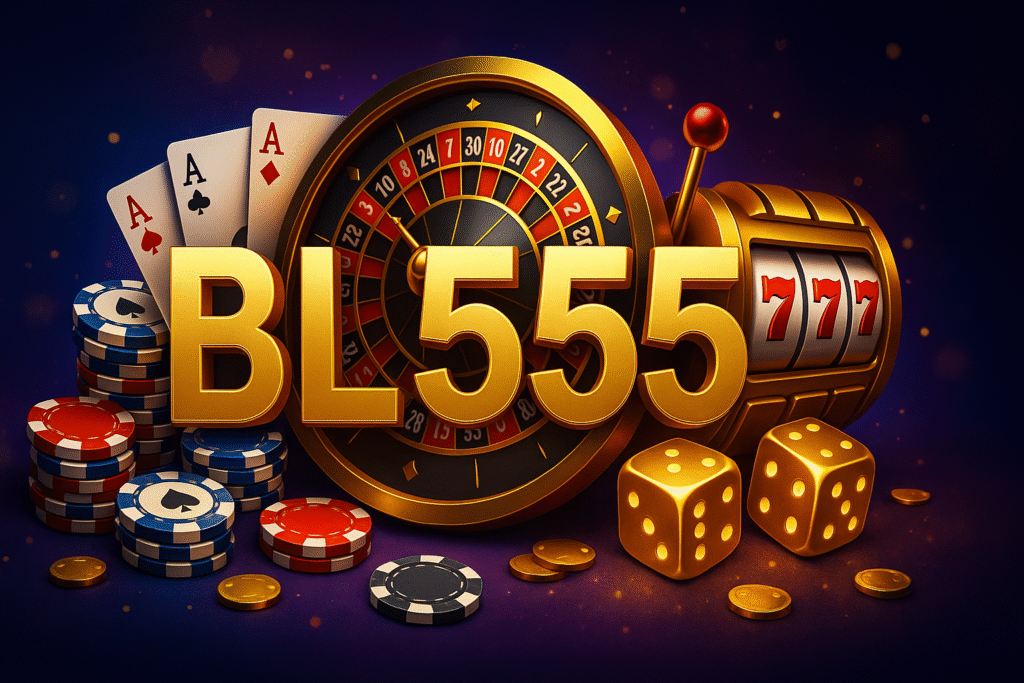The Psychology Behind Casino Gambling: Why We Keep Playing

If you’re curious about what drives millions of people worldwide to play casino games regularly, https://bl555.beauty/ provides great insight into the psychological factors behind gambling behavior. Understanding why casinos are so addictive can help players enjoy the games responsibly while appreciating the thrills involved.
The Thrill of Risk and Reward
At the core of casino gambling lies the thrill of risk and reward. Humans are naturally drawn to risk-taking because it activates the brain’s reward system, releasing dopamine — the “feel-good” neurotransmitter. When you win, even a small amount, your brain experiences a rush of dopamine that creates a pleasurable sensation and encourages continued play.
Casinos are expertly designed to maximize this effect. Bright lights, enticing sounds, and fast-paced games create an immersive environment that keeps players engaged. Slot machines, in particular, use near-miss effects and variable reward schedules to simulate winning sensations, even when players lose.
The Role of Randomness and Uncertainty
The unpredictable nature of casino games adds to their appeal. Humans are wired to seek patterns and try to predict outcomes, but the random nature of games like roulette and slots defies this logic. This uncertainty creates excitement and anticipation, fueling the desire to try “just one more spin” or hand.
Studies show that this intermittent reinforcement — occasional wins at unpredictable intervals — is more effective at encouraging repeated behavior than consistent rewards. Casinos exploit this by providing sporadic wins that keep players hopeful and engaged.
Social Interaction and Environment
Many players enjoy the social aspects of gambling, especially in live dealer or physical casinos. Interacting with dealers and other players enhances the experience, making it more enjoyable and less isolating. Online platforms have adapted this by incorporating live chats and multiplayer games to replicate social interactions virtually.
The casino environment itself is designed to encourage longer play sessions. Comfortable seating, free drinks in physical venues, and a lack of clocks or windows all contribute to losing track of time and increasing betting duration.
Cognitive Biases and Gambler’s Fallacy
Cognitive biases also influence gambling behavior. One common bias is the gambler’s fallacy — the mistaken belief that past events affect future outcomes. For example, after a string of losses, a player may believe a win is “due” and increase bets. This irrational thinking can lead to chasing losses and excessive gambling.
Another bias is the illusion of control, where players believe they can influence random outcomes by adopting certain strategies or rituals. While some skill-based games like poker involve real strategy, most casino games rely heavily on chance.
Responsible Gambling and Awareness
Recognizing these psychological factors is essential for responsible gambling. Casinos and regulators promote responsible gaming tools such as deposit limits, time reminders, and self-exclusion programs to help players stay in control. Being aware of how casinos influence behavior can empower players to make informed choices.
Setting personal limits, taking breaks, and treating gambling as entertainment rather than a way to make money are key practices. If gambling starts to negatively affect your life, seeking help from support organizations is crucial.
The Balance of Fun and Risk
Despite the potential for addiction, many people gamble safely and enjoyably. The excitement, challenge, and social interaction make casino games an appealing pastime when approached with moderation. Casinos like those on emphasize fair play and responsible gaming, creating environments where players can have fun while staying safe.
Conclusion
The psychology behind casino gambling reveals why these games are so compelling and why they can be risky without proper awareness. By understanding the brain’s reward mechanisms, cognitive biases, and social factors, players can enjoy casino entertainment responsibly. Whether you prefer slots, table games, or live dealers, a mindful approach ensures that gambling remains an exciting and positive experience.
